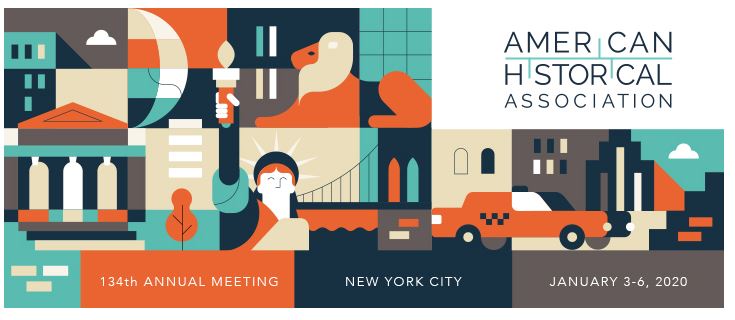The Medieval Academy of America is proud to announce the launch of the MAA Database of Medieval Digital Resources (MDR).
MDR is a curated WordPress database of peer-reviewed online resources for the study of the Middle Ages. The database is designed to help students, teachers, researchers, and the general public navigate the potentially overwhelming number of online resources by directing users to trusted, vetted sites. Users can browse an alphabetical list or search using controlled-vocabulary subject tags to find vetted online resources of many types: imagebanks; bibliographies and reference works; pedagogical tools; editions and translations; music and other multimedia collections; interpretative websites; and new works of digital scholarship. Please note that in order to ensure that all medievalists have access to recommended resources, the database will not include those that are paywalled or require password access, although some resources may have restrictive use-licenses. The Database can be accessed from the Resources tab of the Medieval Academy of America website.
Recommended resources are vetted for inclusion in MDR by at least two experts (usually a subject specialist from the Speculum Review Editorial Board and a member of the MAA’s Digital Humanities and Multimedia Studies Committee) with reference to the rigorous Standards for Web Publication developed several years ago by the Medieval Academy’s Digital Initiatives Advisory Board (active from 2013-2017). Every resource, no matter who is responsible for creating it or how well-loved it may already be, must go through the same vetting process. No resource will be included until and unless it has passed muster with MAA reviewers. This rigorous process ensures that all users – K-16 educators, undergraduate and graduate students, independent scholars, curators, librarians, researchers, developers, and the general public – can use the database with confidence. By the same token, developers of approved resources may wish to tout their site’s inclusion in the database by adding the MDR logo (contact the Executive Director for more for information about the MDR logo and its use).
The Medieval Academy of America gratefully acknowledges the many digital humanists and medievalists who have contributed to this effort. The data model was developed by Maryanne Kowaleski (Fordham Univ.), Lisa Bitel (Univ. of Southern California), and MAA Executive Director Lisa Fagin Davis, with input from the Digital Initiatives Advisory Board and the Digital Humanities and Multimedia Studies Committee. The website and search engine were developed by Morgan Kay of WP Alchemists.
MDR currently includes more than 130 resources and is growing daily. If you do not see your favorite resource(s) in MDR, please submit a Suggest a Resource form; do not contact the Medieval Academy directly. For general comments or questions, or to report any errors or other problems, please fill out the Feedback Form.
The Database of Medieval Digital Resources is a work in progress, and we welcome your feedback and recommendations.

 The Medieval Academy of America invites proposals for panels at the 2020 meeting of the American Historical Association in New York City, January 3-6.
The Medieval Academy of America invites proposals for panels at the 2020 meeting of the American Historical Association in New York City, January 3-6.

